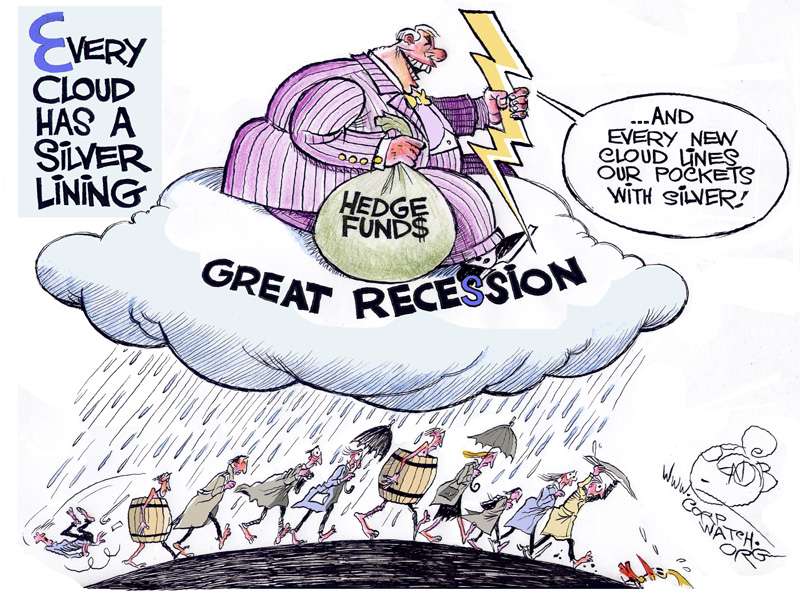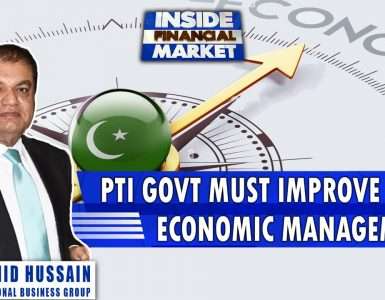In a year when the world’s biggest hedge funds are suffering losses and closures, one asset manager is trouncing rivals by betting on currencies — without taking a view on their direction.
Quaesta Capital AG, a hedge fund based in the Zurich area, runs a $420 million foreign-exchange options program that earned 21 percent this year through Nov. 11 by wagering on volatility, according to Thomas Suter, the company’s chief executive officer. It’s the top performer among 15 programs tracked by the Parker Global Currency Manager Index, which lost almost 2 percent in that period.
The strategy, dubbed v-Pro, has profited by speculating that swings in major currencies will grow more pronounced as the Federal Reserve moves to lift interest rates from near zero. It’s the only strategy in the Parker index that focuses on volatility, which has rebounded from a record low set in 2014. Quaesta uses a method known as dynamic delta hedging — a wager on volatility that requires constant adjustment to make sure it avoids taking a stance on foreign-exchange movements.

“We’re convinced the market will stay volatile in the future — the overall levels on implied volatility are still not too high,” said Suter, whose 16-person firm was founded in 2005 and manages about $3 billion. The key to the strategy is to “always include the dynamic delta hedging so you don’t end up with a direction exposure.”
2015 Surprise
At a time when central banks’ decisions are commanding the attention of financial markets, the program’s returns show that currency traders can make money without piling in to the most crowded trades. In April, the consensus bet — that the Fed will raise its target while other economies’ policy makers add monetary stimulus — produced the biggest monthly loss in the dollar since 2011.
A rebound in market swings in the $5.3 trillion-a-day market is driving returns for the volatility strategy, which outperformed the Parker Global index in seven of the past eight years. The fund’s 1 percent gain in 2014 compared with a return of about 3 percent for the Parker gauge.
Events such as the Swiss National Bank’s January decision to remove its cap on the franc and the devaluation of the yuan in August by China’s central bank roiled exchange rates. Implied volatility in major currencies has averaged 10 percent this year, up from 7.2 percent in 2014, the lowest annual level in JPMorgan Chase & Co. data going back to 1992. The gauge has fallen below its 10-year average this quarter.
Funds Closed
Market turns have challenged some money managers that invest across asset classes. Some 417 hedge funds announced shutdowns in the first half, according to Hedge Fund Research Inc. BlackRock Inc., the world’s largest asset manager, is winding down a macro fund after losses and investor redemptions. It joins money managers including Fortress Investment Group LLC and Bain Capital that closed macro funds this year.
To see further gains in volatility would require surprising outcomes from events such as the Fed and European Central Bank policy decisions next month, according to Credit Suisse Group AG. The euro sank to a seven-month low of $1.0617 this week on speculation the ECB will expand monetary stimulus in December, while expectations build that the Fed is set to boost rates. The shared currency was at $1.0736 as of 3:10 p.m. New York time.
“Trading volatility can make money if there are mispricings in volatility,” said Shahab Jalinoos, global head of foreign-exchange strategy in New York at Credit Suisse. “But now it’s not as obvious, because volatility is much higher than a year ago.”
‘More Art’
In Quaesta’s strategy, picking which options to buy or sell is only half the battle. In volatility trading, investors seek to cancel out delta, which represents the sensitivity of a derivative to changes in the value of its underlying asset. The goal is for the option position’s value to change based only on volatility.
Take the example of a trader who owns call options granting the right to buy euros against the dollar. The contract loses money if the shared currency depreciates. To offset the spot market’s influence on the position, the trader could sell euros periodically.
It can be an expensive process. Options that can be exercised at a price close to the prevailing exchange rate will cost about 50 percent of the trade’s notional value to hedge, according to Societe Generale SA.
Delta hedging should be “performed at every millisecond, so it’s not technically possible and you always have a residual risk,” said Olivier Korber, a derivatives strategist at SocGen in Paris. “The hedging performance can be a loss, flat or even a gain. It is more art than science.”









